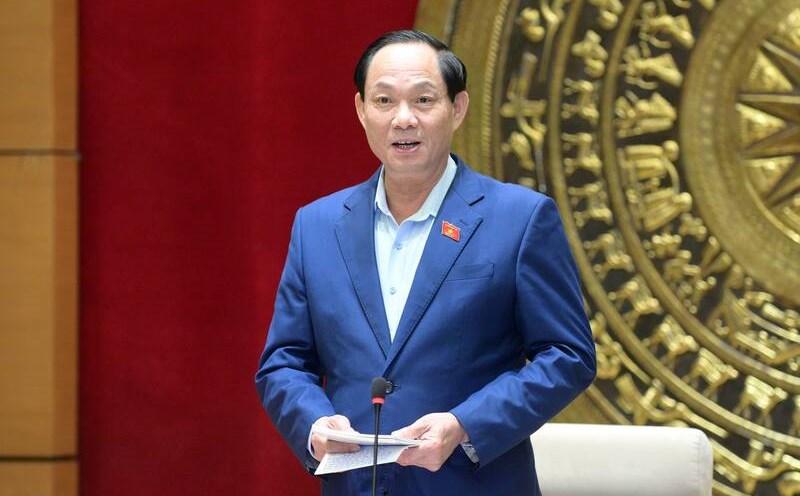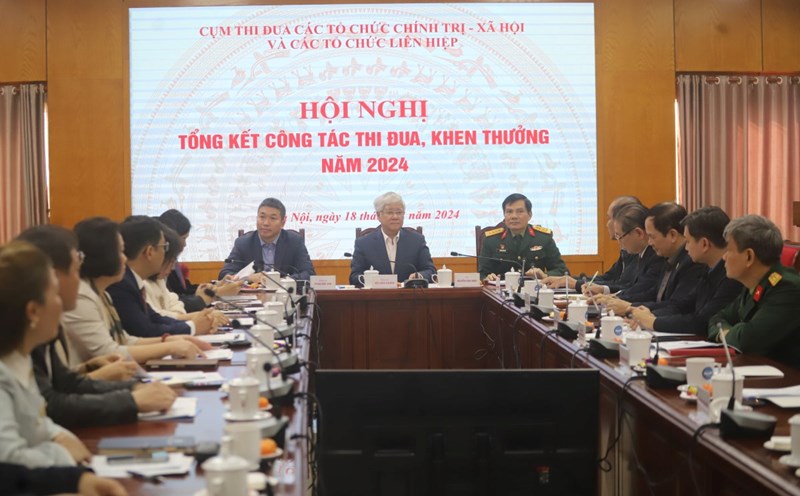The Ministry of Home Affairs is seeking opinions on the proposal to draft a revised Law on Cadres and Civil Servants.
According to the Ministry of Home Affairs, after 5 years of amendment, in addition to the achieved results, this law has revealed certain limitations and needs to continue to be improved to meet the requirements of the new situation.
In particular, some new policies of the Party on personnel work need to continue to be institutionalized and ensured by legal regulations, such as: Mechanisms and policies to attract and promote talents; mechanisms to encourage and protect dynamic, creative cadres who dare to think, dare to do, dare to take responsibility for the common good; mechanisms to screen and replace irresponsible cadres, civil servants, and public employees with limited capacity and low prestige.
In the draft submission, the Ministry of Home Affairs said that the purpose of building the Law on Cadres and Civil Servants (amended) is to strongly innovate cadre work associated with the arrangement of the apparatus of the entire political system "Refined - Lean - Strong - Effective - Effective - Efficient" according to the requirements of Resolution No. 18-NQ/TW and Conclusion No. 50-KL/TW dated February 28, 2023 of the Politburo on continuing to implement Resolution No. 18-NQ/TW.
Based on the results of the assessment and summary of the implementation of the Law on Cadres and Civil Servants, the Ministry of Home Affairs proposes to develop 5 policies, including:
There is a policy of unifying the civil service from the central level to the provincial, district and commune levels.
The goal of the policy is to achieve connectivity, equality, and consistency between the team of communal-level cadres and civil servants with the team of cadres and civil servants in the political system, ensuring a unified public service from the central level to the provincial, district, and communal levels.
Regarding implementation solutions, the Ministry of Home Affairs proposed to supplement regulations on principles for unified management of cadres and civil servants in the same system vertically and horizontally; clearly specify implementation conditions and transitional provisions. Accordingly, research and remove regulations on commune-level cadres and civil servants in Chapter V and related regulations.
Notably, the Ministry of Home Affairs proposed to research, review, and supplement job positions, policies and regimes (recruitment, use, evaluation, planning, training, fostering, salary scales...) for the team of cadres and civil servants working in commune-level administrative units.











